Rabbits are charming and delicate creatures that require attentive care, especially when it comes to their dental health. Unlike humans, a rabbit's teeth grow continuously throughout its life, which makes proper tooth wear and maintenance crucial for their overall well-being. Neglecting this aspect can lead to severe health issues, including pain, infections, and difficulty eating. Understanding how to care for your rabbit's teeth is an essential part of responsible pet ownership.
One of the most common misconceptions about rabbits is that their teeth will naturally wear down without any intervention. While it's true that their teeth are designed to grind down through chewing, not all rabbits have the same diet or chewing habits. Domestic rabbits, in particular, may not have access to the same variety of fibrous materials that wild rabbits do, which can result in uneven or insufficient tooth wear. This is where proper care and monitoring come into play.
The structure of a rabbit's teeth is unique and requires special attention. Rabbits have four large incisors at the front of their mouth, along with smaller peg teeth behind them. These are followed by molars and premolars at the back, which are responsible for grinding food. All of these teeth grow continuously, and if they don't wear down evenly, they can develop sharp edges, overgrowth, or even malocclusion—a misalignment of the teeth that can cause significant discomfort.
A diet rich in high-fiber hay is the cornerstone of healthy tooth wear for rabbits. The constant chewing motion required to break down tough hay fibers helps grind down their teeth naturally. Timothy hay, orchard grass, and meadow hay are excellent choices. Pellets, while nutritious, should not make up the bulk of their diet, as they lack the abrasive texture needed for proper tooth wear. Fresh vegetables and leafy greens can supplement their diet but should not replace hay as the primary food source.
Chewing toys and wooden blocks can also play a significant role in maintaining dental health. Providing safe, untreated wood or cardboard for your rabbit to gnaw on helps mimic the natural wear they would experience in the wild. Apple branches, willow sticks, and pine cones (free of pesticides) are popular choices. Avoid plastic or rubber toys, as these can be harmful if ingested and do not provide the same benefits as natural materials.
Regular veterinary check-ups are another critical component of rabbit dental care. A vet experienced with rabbits can spot early signs of dental problems before they become severe. Symptoms like drooling, reduced appetite, or weight loss may indicate an issue with tooth alignment or overgrowth. In some cases, a vet may need to trim or file down the teeth manually to prevent further complications.
Another often overlooked aspect is the role of genetics in rabbit dental health. Some breeds are more prone to dental issues than others, such as dwarf rabbits, which frequently suffer from malocclusion due to their compact skull structure. If you own a breed with a higher risk of dental problems, extra vigilance is necessary. Monitoring their eating habits and scheduling more frequent vet visits can help catch issues early.
Environmental enrichment also contributes to dental health. A bored rabbit may not chew as much as it should, leading to slower tooth wear. Providing a stimulating environment with tunnels, hiding spots, and interactive toys encourages natural behaviors, including chewing. The more active and engaged your rabbit is, the better its teeth will wear down naturally.
Finally, understanding the signs of dental distress can save your rabbit from unnecessary suffering. If you notice your rabbit dropping food, pawing at its mouth, or showing reluctance to eat hard foods, it may be experiencing dental pain. Other red flags include watery eyes, nasal discharge, or a lumpy jawline. These symptoms warrant immediate veterinary attention to prevent further complications.
Caring for a rabbit's teeth is a lifelong commitment that requires a combination of proper diet, environmental enrichment, and regular veterinary care. By taking proactive steps, you can ensure that your rabbit maintains healthy teeth and enjoys a comfortable, happy life. Remember, prevention is always better than treatment when it comes to dental health in rabbits.

By /Jun 28, 2025
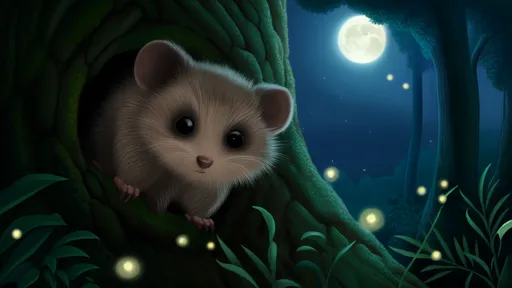
By /Jun 28, 2025

By /Jun 28, 2025
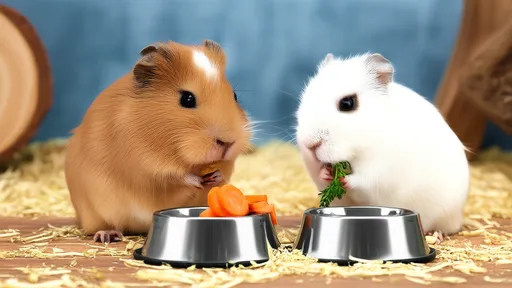
By /Jun 28, 2025
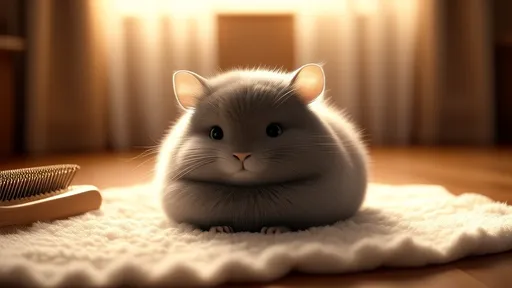
By /Jun 28, 2025
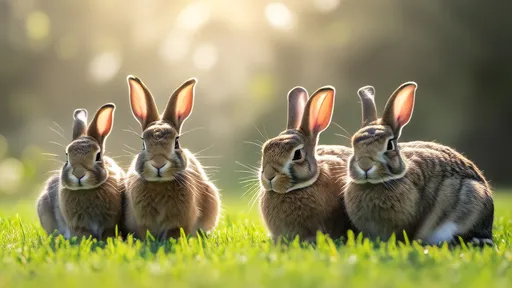
By /Jun 28, 2025

By /Jun 28, 2025

By /Jun 28, 2025
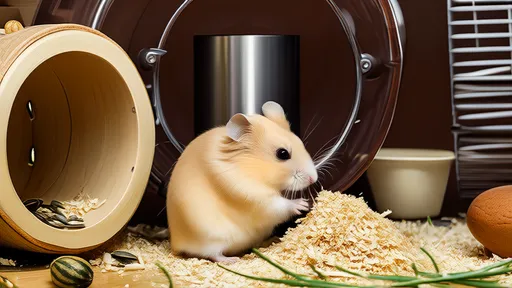
By /Jun 28, 2025
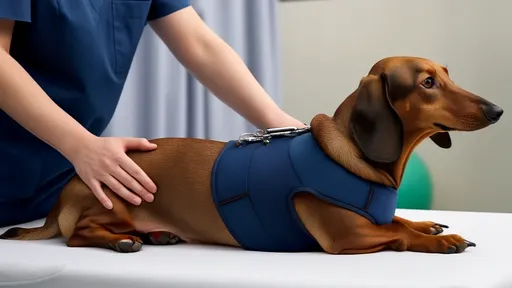
By /Jun 28, 2025
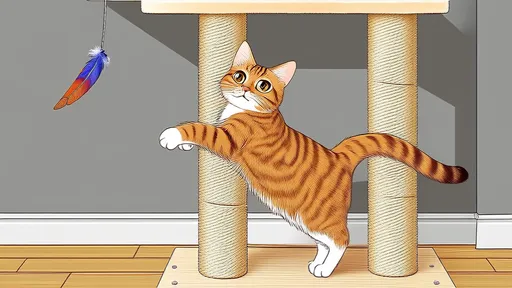
By /Jun 28, 2025
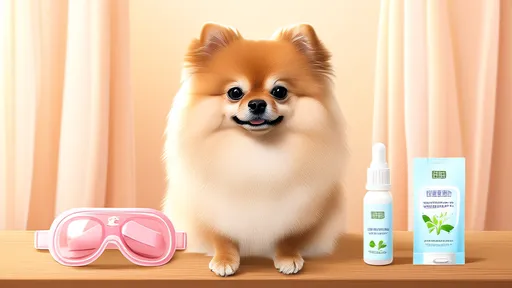
By /Jun 28, 2025
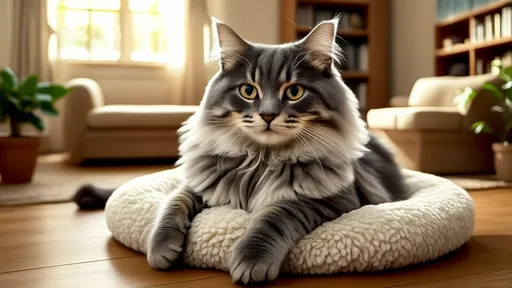
By /Jun 28, 2025
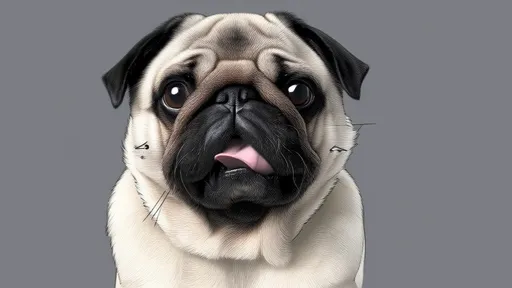
By /Jun 28, 2025
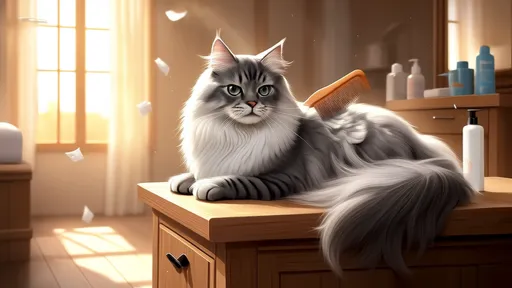
By /Jun 28, 2025
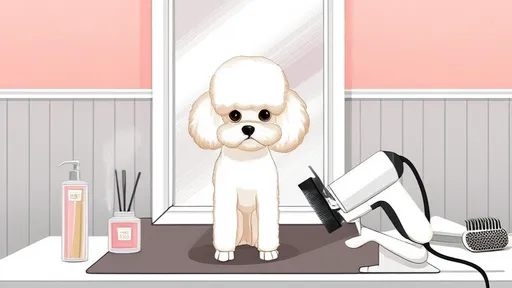
By /Jun 28, 2025

By /Jun 28, 2025
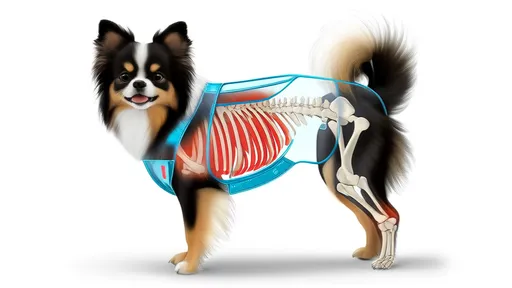
By /Jun 28, 2025